In recent years, food radiation meters have become an essential tool in food processing and agriculture, as enforced by international regulatory bodies.
Without getting too bogged down in the technical elements, here we’ll provide details on the essential features and industry norms, helping you to pick the best radiation meters for your business, simplify your quality control procedures, and safeguard your brand’s reputation.
Table of Contents
How food radiation meters work
Applications for food radiation meters
How to choose a food radiation meter
Summary
How food radiation meters work
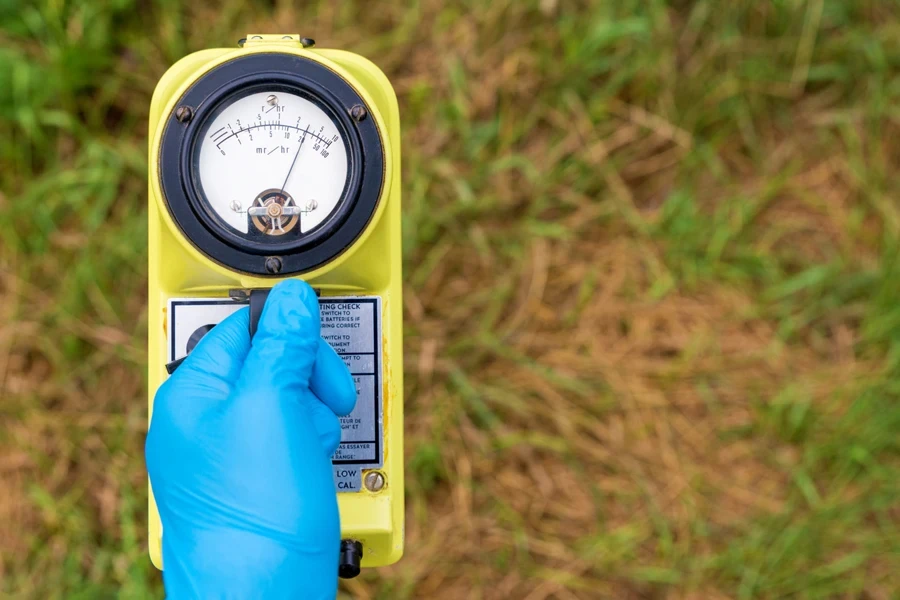
The majority of food radiation meters utilize scintillation detectors. These contain crystals, usually sodium iodide, that release light flashes when exposed to ionizing radiation. Photomultiplier tubes transform the flashes into electrical pulses, which magnify them.
Next, the meter’s electronics then process these electrical pulses, with radiation levels being proportional to the frequency and strength of the pulses. The processed data, such as microsieverts per hour (μSv/h) or counts per minute (CPM), is what is shown on the measurement display.
Advanced meters can differentiate between various forms of radiation, such as alpha, beta, and gamma, by analyzing the energy of the detected particles or photons. Many meters automatically reduce natural background radiation for a more precise contamination assessment.
Meters are calibrated using known radiation sources to achieve accuracy throughout the measurement range. Most modern meters on the market can record readings for later review or integration with other systems.
Applications for food radiation meters
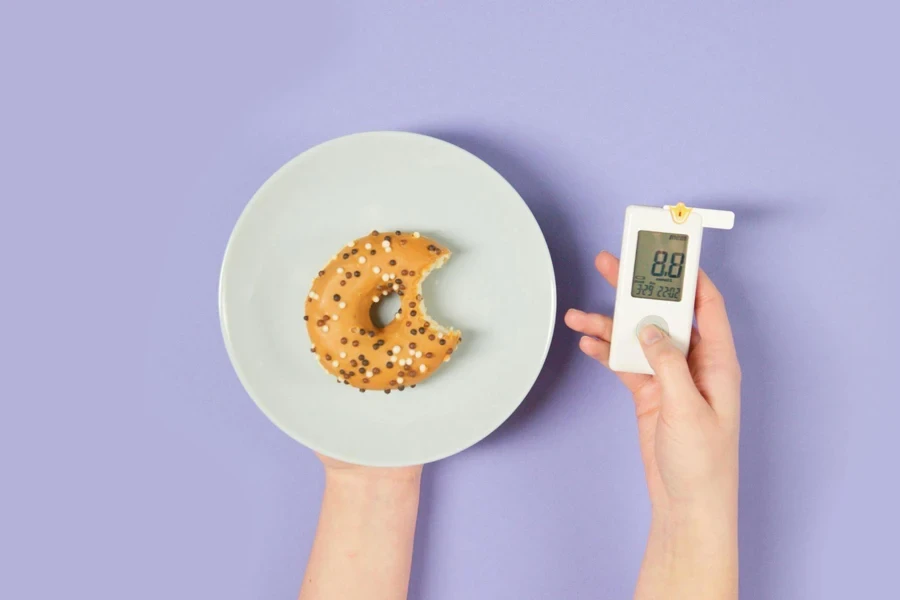
Food radiation meters are an important tool used in several different fields, such as:
1. Food industry
Quality control in the food processing and packaging industries rely on radiation meters to do everything from tracking processing lines, filtering incoming raw materials, and checking final goods before delivery. They help to guarantee that food products satisfy various safety criteria and do not contain dangerous levels of radiation.
As such, radiation meters are also crucial for exporters and importers, confirming that foreign cargo follows radiation safety guidelines and avoids potential and costly rejections of goods at customs.
2. Agriculture and farming
Farmers and companies in the agricultural field use radiation meters to test soil, water, and crops for possible pollution. This is especially crucial in communities near nuclear plants or in areas that may be impacted by other leakages.
These tools aid in determining the safety of agricultural inputs, including fertilizers, which can sometimes include naturally occurring radioactive elements. Farmers ensure their crops and consumers remain safe by measuring these inputs.
Livestock farmers also use radiation meters to evaluate animal feed and track the health of their herds, especially in areas where radioactive contamination is a problem.
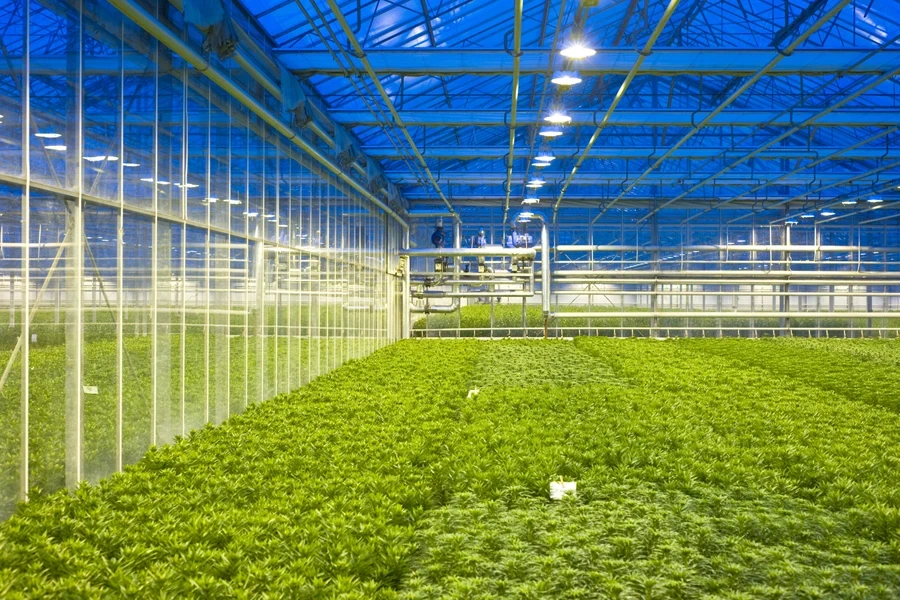
3. Domestic use
Although radiation detectors are generally utilized in industrial and professional settings, some consumers also seek them out for personal use. Although these models are usually less advanced than professional-grade equipment, they can help to give people worried about food safety peace of mind.
4. Regulatory bodies and food safety organizations
Portable radiation meters are essential field tools for food safety inspectors, auditors, government authorities, and food safety organizations. They provide on-site testing and instantaneous results, which is vital for swift judgments on food safety and regulatory compliance. They employ these tools to:
- Perform random inspections of food items available on the market
- Check conformity to radiation safety guidelines
- Investigate at consumer food safety-related complaints
- Track food radioactive levels following nuclear events
These companies decide which kinds of radiation meters are allowed for official usage and usually define the permissible levels of radiation in food.
These meters are also used in research on food safety, guiding the development of new safety criteria and enhancing our oversight of radiation in the food chain.
How to choose a food radiation meter
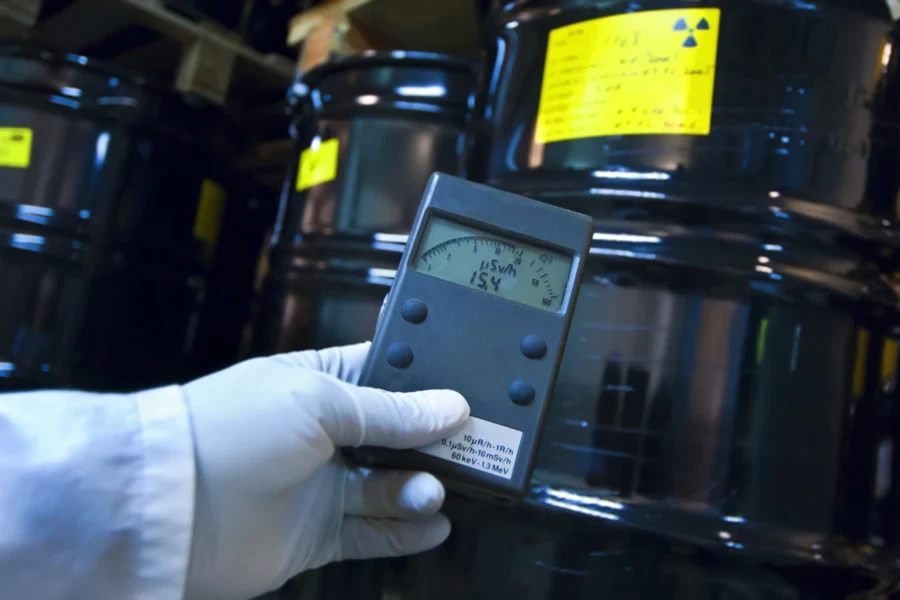
Main attributes to consider
Which features your food radiation meter includes will significantly affect your experience and the accuracy of your findings.
The primary use of a food radiation meter is to identify and quantify radiation levels precisely. Search for meters with low detection limits and high sensitivity to guarantee even the lowest possible trace of radiation is identifiable.
Alpha, beta, gamma, and X-rays are among the several kinds of radiation that radiation meters are made to detect. Ensure the meter you select is able to identify the specific radiation you want to check for.
Meanwhile, a user-friendly design will help you save time and reduce the chance of mistakes. Search for meters with simple operation instructions, clear displays, and easy controls.
Modern food radiation meters generally feature USB or Bluetooth as a means to communicate data logging features. Crucially for quality control operations, these tools let you track and examine data across time.
The portability and ruggedness of the meter will also be crucial. Consider the meter’s weight, dimensions, and build quality, ensuring that the radiation meter follows the necessary industry standards and guidelines.
Brand and supplier evaluations
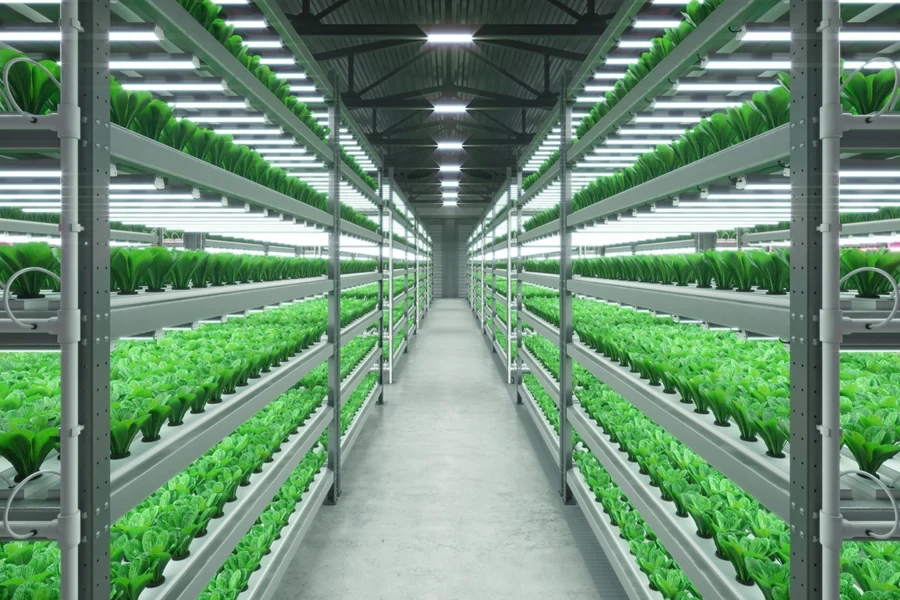
Guarantee superior performance by researching a meter’s brand reputation; a brand with a strong history is more likely to produce reliable and premium products. Look for evaluations and quotes from other companies and trade professionals.
In addition, better brands tend to feature superior customer service and robust warranties, protecting you and your customers should any problems arise.
Finally, certain radiation meter brands provide a range of options for various uses, so choosing a supplier knowledgeable in food safety can help guarantee improved product quality.
Comparing specifications
When comparing several food radiation meters, one should closely examine each model’s features.
For example, first compare the sensitivity levels and detection ranges; food safety depends on the meter being able to detect minute amounts of radiation, with a higher sensitivity improving the chances of doing so.
Response time – the speed at which the meter may detect and show radiation levels – is also crucial, especially in fast-paced production settings. Faster response times help improve decision-making and efficiency.
The meter’s battery life and whether it features AC adapter or rechargeable battery compatibility should also be considered, as extended testing or fieldwork often call for significantly longer battery life.
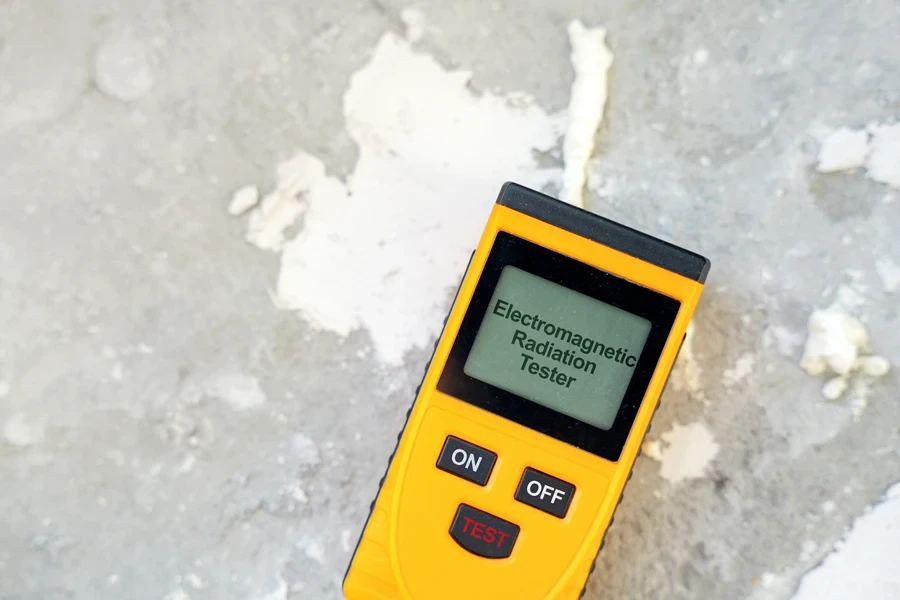
Reading reviews and testimonials
Reviews and testimonials can offer priceless insights into the practical functioning of food radiation meters.
First, look for evaluations from varied sources, including trade journals, internet forums, and user comments on e-commerce sites.
Focus on particular use cases and pay close attention to user reviews matching your needs. Reviews from other resellers, for instance, can offer valuable information for a bulk reseller. These will all help to give you a complete picture of the radiation meter’s overall performance.
Thorough reviews of the user’s experience detailing any issues encountered are particularly beneficial. These insights will better equip you to avoid bad stock or deal with any future difficulties.
Summary
Food radiation meters are critical for ensuring the safety and quality of food products. Focusing on essential features, assessing brands and suppliers, comparing specifications, and reading through reviews can help you decide to fit your industrial demands best.
For a huge range of food meters and other safety devices from trusted suppliers, make sure to check Chovm.com.
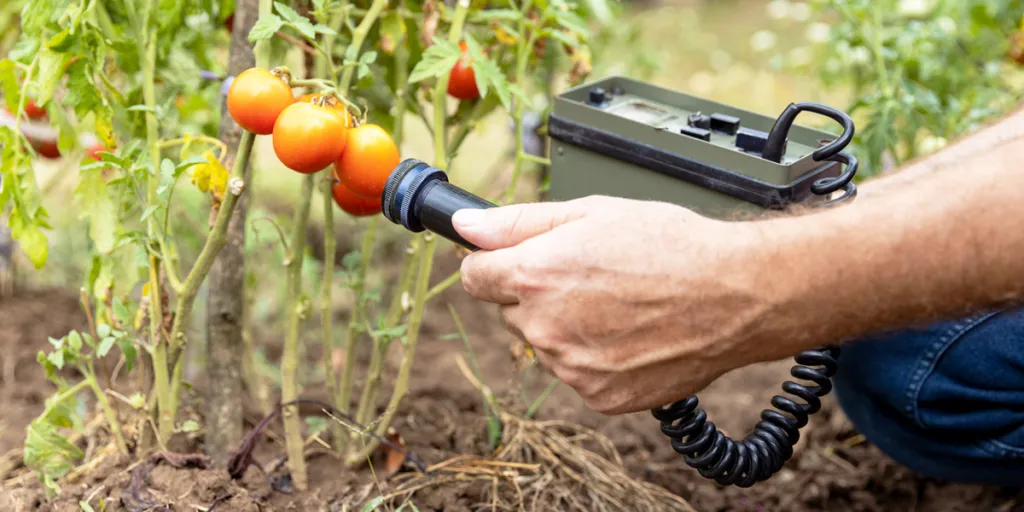
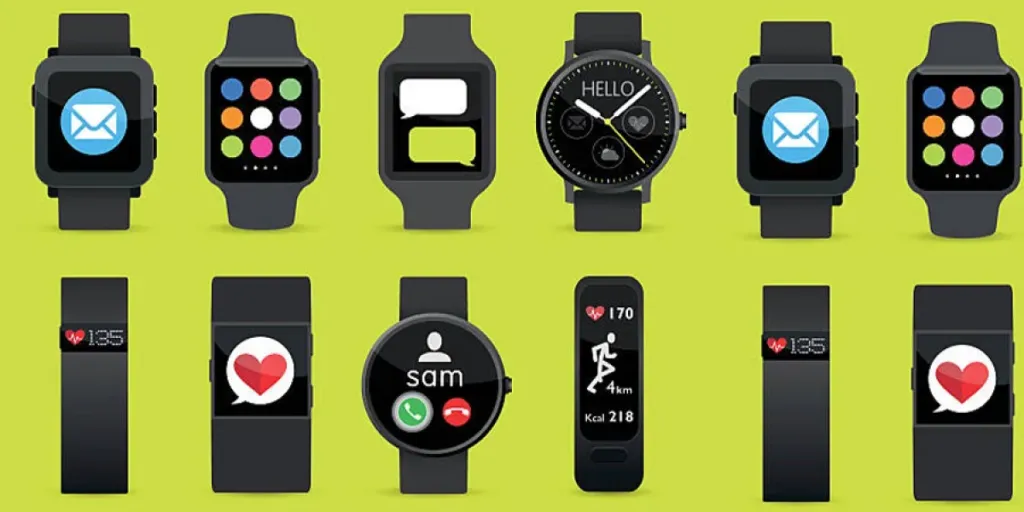
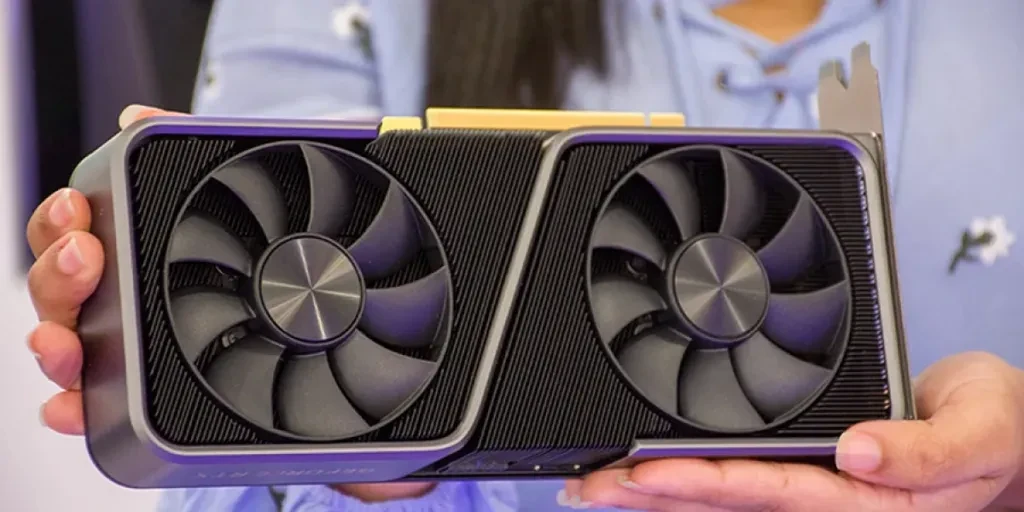


 বাংলা
বাংলা Nederlands
Nederlands English
English Français
Français Deutsch
Deutsch हिन्दी
हिन्दी Bahasa Indonesia
Bahasa Indonesia Italiano
Italiano 日本語
日本語 한국어
한국어 Bahasa Melayu
Bahasa Melayu മലയാളം
മലയാളം پښتو
پښتو فارسی
فارسی Polski
Polski Português
Português Русский
Русский Español
Español Kiswahili
Kiswahili ไทย
ไทย Türkçe
Türkçe اردو
اردو Tiếng Việt
Tiếng Việt isiXhosa
isiXhosa Zulu
Zulu